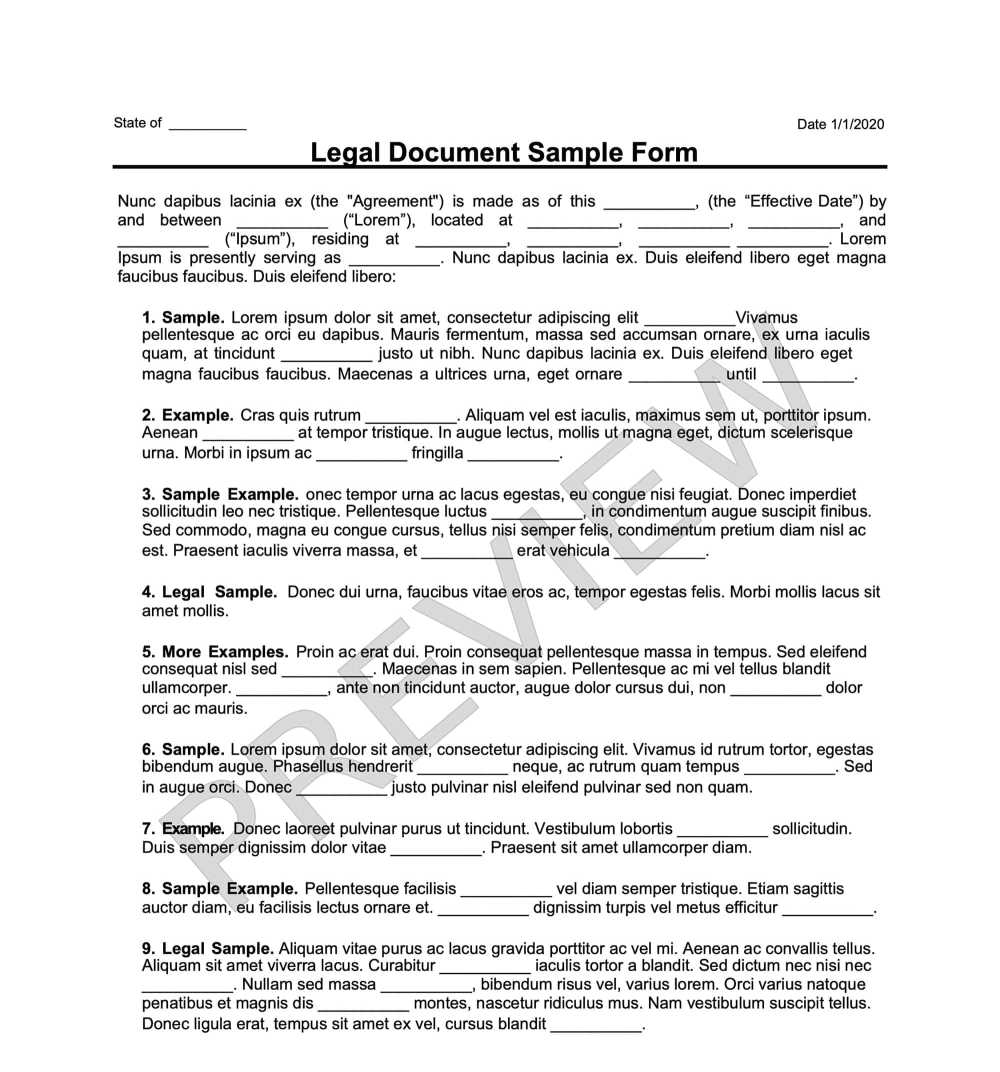Cohabitation Agreement
The Cohabitation Agreement outlines the terms of property ownership and inheritance for an unmarried couple living together.


Frequently Asked Questions
To begin with, cohabitation requires fewer legal formalities than marriage, which may vary from state to state. In essence, the Cohabitation Agreement is much easier to end, unlike a marriage. Cohabitation allows two partners to divide and use their separate and joint properties as they desire, unlike married spouses who may be regulated by state law. Unless there is a properly executed Power of Attorney, cohabitation partners do not have the right to make decisions about the other in death or incapacitation.
Many unmarried couples choose to live without a Cohabitation Agreement, the absence of which may only become a problem in the event of a dispute. If one of the partners is to leave a lot of liabilities, they could become the partner's responsibility. This scenario could potentially be avoided with a good Cohabitation Agreement.
Yes, they are, which is exactly why many unmarried couples living together choose to create one. Some states even grant Cohabitation Agreements equal weight as prenuptial agreements. If you want to ensure that the Cohabitation Agreement is aboveboard, it is recommended to have an attorney review it before signing.
The answer is no. Couples do not have to live together at all before entertaining or entering into a Cohabitation Agreement. As you can imagine, it might even be preferable to create an agreement before living together.
There are two main reasons you might feel a Cohabitation Agreement is right for you and your partner. The first is that you both have no plan to marry. The other reason is to avoid standard common law marriage claims, which is recognized in some states, where a couple who lives together for a while – and meet certain requirements (having children together, owning joint accounts, taking the man’s name, known to others as husband and wife, etc.) – are considered practically married. If you and your partner would like to avoid any potential claims about this status, you can use a Cohabitation Agreement to specify otherwise, after which neither of you would be able to change your mind and make such a claim.




